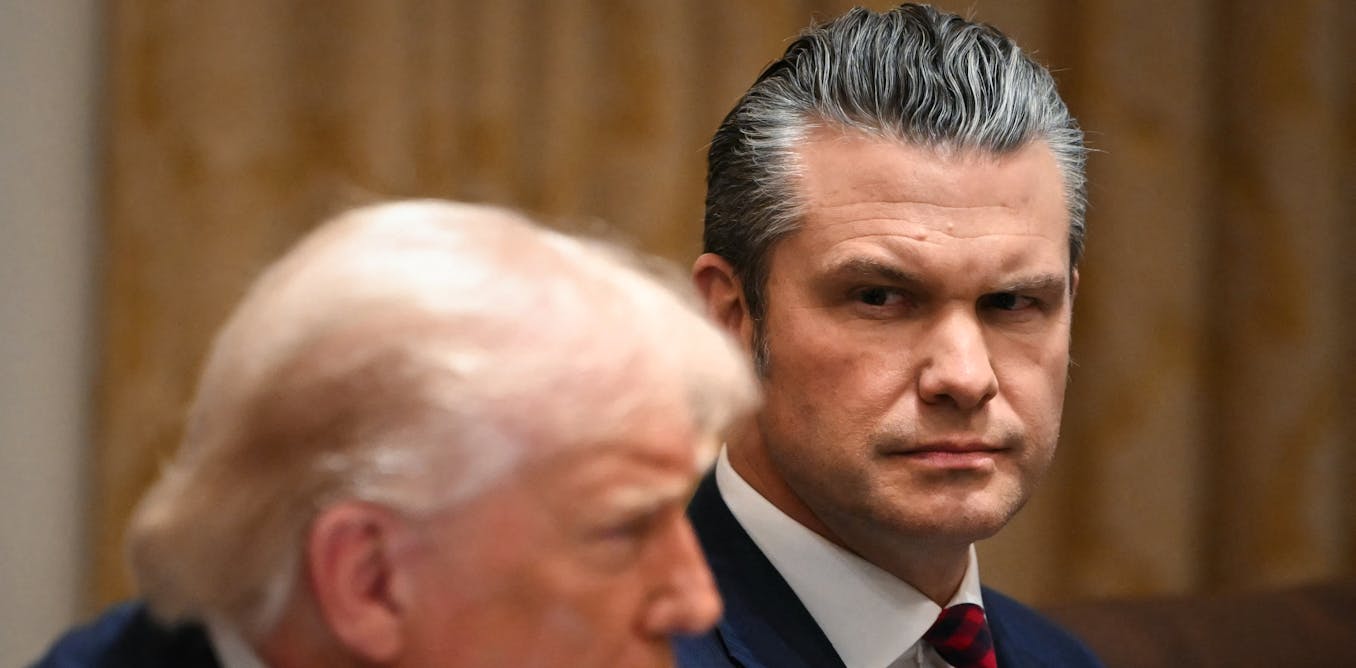The House on Wednesday began voting on legislation that would end the longest government shutdown in US history, as Democrats voiced fury that the Senate-brokered compromise fails to extend expiring healthcare subsidies.
The House returned to Washington to vote after a more than 50-day absence ordered by the Republican speaker, Mike Johnson, to pressure Senate Democrats into reopening the government.The measure’s passage would be welcome news for the White House, which is looking to end the shutdown.
“President [Donald] Trump looks forward to ... finally ending this devastating Democrat shutdown with his signature, and we hope that signing will take place later tonight,” said Karoline Leavitt, the press secretary,at a press conference.
On Monday, a splinter group of Senate Democrats joined with Republicans to advance legislation that would fund the federal government through the end of January, without extending tax credits that lowered premiums for Affordable Care Act health plans. The move sparked a furious backlash from other Democrats, many of whom have called the plan a betrayal. Influential progressive groups have even called for Chuck Schumer, the Senate minority leader, to resign.
All Senate Republicans supported the measure’s passage, except for Rand Paul of Kentucky, along with eight moderate members of the Democratic caucus, several of whom were recently re-elected, or serving their final terms in office.
The bill cleared two procedural votes on party lines in the House on Wednesday evening. Republican leaders want to pass it swiftly but are managing a tiny majority in which they can only afford to lose two votes. However, moderate Democrats may also opt to vote for final passage.
The House votes, on day 42 of the shutdown, came as hundreds of thousands of furloughed federal workers miss paychecks, millions of Americans risk losing food assistance and airlines warn travelers to brace for continued disruptions.
When the House rules committee convened on Tuesday evening for a hearing that set the stage for the bill to come to the floor, the panel’s top Democrat, Jim McGovern, decried the long recess Republicans engineered.
“Where the hell have you been?” he asked, during in his opening remarks, then added later: “Republicans quiet quit their jobs. They disappeared.”
Virginia Foxx, the committee’s chair, blamed Democrats for causing the shutdown, and noted sharply that they walked away “empty-handed” after insisting they would not relent until securing an extension of the healthcare subsidies.
While they did not win that concession, the senators who broke with the Democratic caucus claimed credit for getting the Republican Senate majority leader, John Thune, to agree to hold a vote by mid-December on an extension of the tax credits.
If the subsidies expire, millions of Americans could see sharp rises in their healthcare premiums or lose their marketplace coverage entirely.
The bill would extend government funding at current levels through January along with three year-long provisions that will fund programs at the Department of Veterans Affairs, the USDA and FDA, and legislative branch operations.
The continuing resolution also includes language to stop mass federal firings and reverse dismissals that occurred during the shutdown – prohibiting additional reductions until the end of January – and guarantees back pay to workers who have spent weeks without paychecks.
On Tuesday, Hakeem Jeffries, the House minority leader, said it was his “strong expectation” that House Democrats will vote against the proposal. He joined a group of Democratic lawmakers to unveil an amendment that would extend the Affordable Care Act tax credits for three years. The proposal was rejected by the Republican-controlled House rules committee on Tuesday night.
“Because of the Republican refusal to extend the Affordable Care Act tax credits, in the midst of a cost-of-living crisis that already exists, that they failed to address, healthcare for people all across this country is on the brink of becoming unaffordable,” Jeffries said.
With a 219-member majority, assuming full attendance, Johnson can only afford to lose two votes on the bill, and the Kentucky representative Thomas Massie is likely to vote no. But Republican leaders have expressed optimism that the legislation will pass quickly.
Addressing a crowd at Arlington national cemetery on Tuesday, Veterans Day, Trump congratulated Johnson, calling the Senate bill a “very big victory”.
“We’re opening up our country,” he added. “Should have never been closed.”

 German (DE)
German (DE)  English (US)
English (US)  Spanish (ES)
Spanish (ES)  French (FR)
French (FR)  Hindi (IN)
Hindi (IN)  Italian (IT)
Italian (IT)  Russian (RU)
Russian (RU) 























Comments